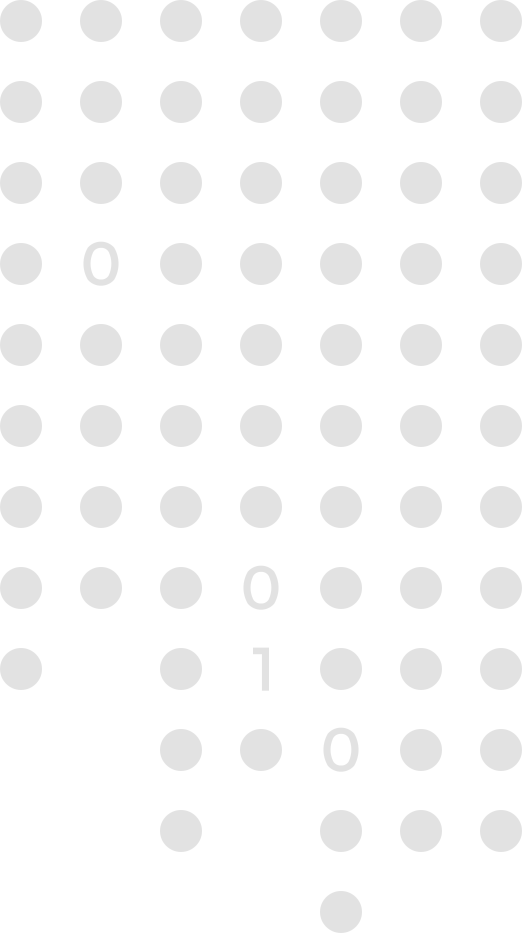
IDTA shows at SPS in Nuremberg how consistent data flow is ensured throughout the entire lifecycle
New service portal for validation and maintenance of AAS complements standardization activities
The Industrial Digital Twin Association e.V. (IDTA) informs about current topics regarding the Digital Twin based on the Asset Administration Shell (AAS) at the trade fair SPS – Smart Production Solutions in Nuremberg from November 12 to 14, 2024. Visitors find information about the AAS standard, such as specifications and Submodels, as well as individual solutions for various application areas, and get a preview to the IDTA Portal prototype, which enables users to validate implementations and provides a repository for Submodel templates for a seamless and interoperable data flow. The IDTA stand is thus the central point of contact at the exhibition for all topics related to the AAS – as the ‘Home of the AAS’. A visit to the IDTA stand is a must for anyone who wants to ensure efficient and consistent information over the entire lifecycle of their component, machine, plant or entire factory.
At its booth, the IDTA showcases the prototype of the IDTA Portal, which assures users seamless interoperable data exchange. The AAS validation service allows users to test the conformity of their AAS and the associated interfaces according to the IDTA standards. This guarantees a standardized implementation to ensure a smooth data flow. In addition, the portal provides a Submodel Repository along with the regarding Application Programming Interface (API) that can be used to automatically access all available IDTA Submodels of the AAS.
As part of the Manufacturing-X (MX) initiative, IDTA is supporting digital interoperability in the DAVID project based on AAS, which supports the technological and semantic interoperability of MX projects in terms of content and methodology. Together with further project partners, IDTA provides at the SPS insights into the development of an open data ecosystem and the steps towards technological and semantic standardization. One of the project goals is the development of an SME adapter to make SMEs connectable to the Industrie 4.0 data space.
A demonstrator developed by EPLAN in collaboration with other IDTA members shows at the IDTA booth how AAS can be used to manage data from the engineering of control cabinets or machines. Existing data from component manufacturers Bosch Rexroth, Festo, HARTING, Mitsubishi Electric, Lenze, Phoenix Contact, Siemens or WAGO are integrated into EPLAN’s software in a standardized way. Specifically, information on components for the electrical design of a machine in EPLAN is requested by the component manufacturers as AAS and made available to the designing engineer. Data from an engineering project created on this basis can also be used in other software tools via the AAS REST API standard.
Eight co-exhibitors – CADENAS, Class.Ing, Hochschule für Technik und Wirtschaft Berlin, M&M Software, Neoception, objective partner, Siemens and Xitaso – will be presenting their individual AAS solutions live at the stand in hall 5 and demonstrating how they respond to the requirements of daily industrial operation.
Numerous other exhibitors at SPS show the standardized Digital Twin in industrial implementation. The AAS Guide from the IDTA leads to 34 exhibits that showcase a wide range of tools and applications and demonstrate the industrial maturity of the AAS. The AAS Guide is available as a printed version at the IDTA booth and is available in advance in digital form. In addition, experts will provide information and discuss the Digital Twin and AAS in numerous presentations. The AAS Guide provides a compact overview of the topic-related sessions.
Link to the AAS guide: https://industrialdigitaltwin.org/en/wp-content/uploads/sites/2/2024/10/IDTA_AAS-Guide-SPS2024.pdf
